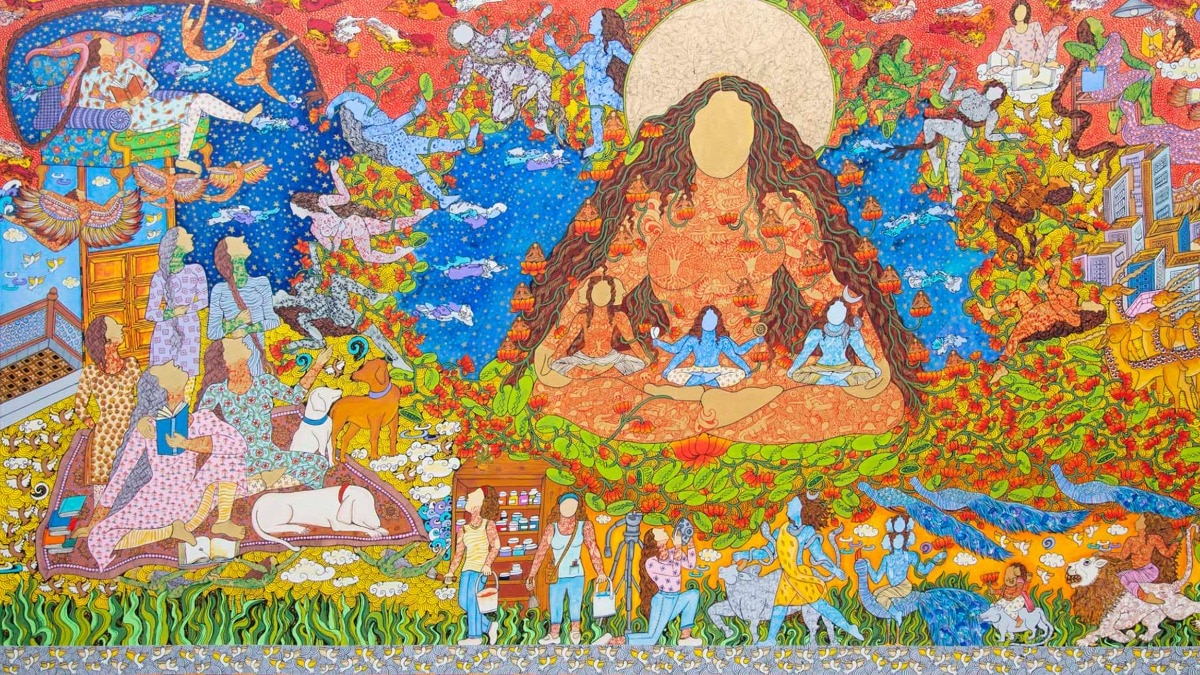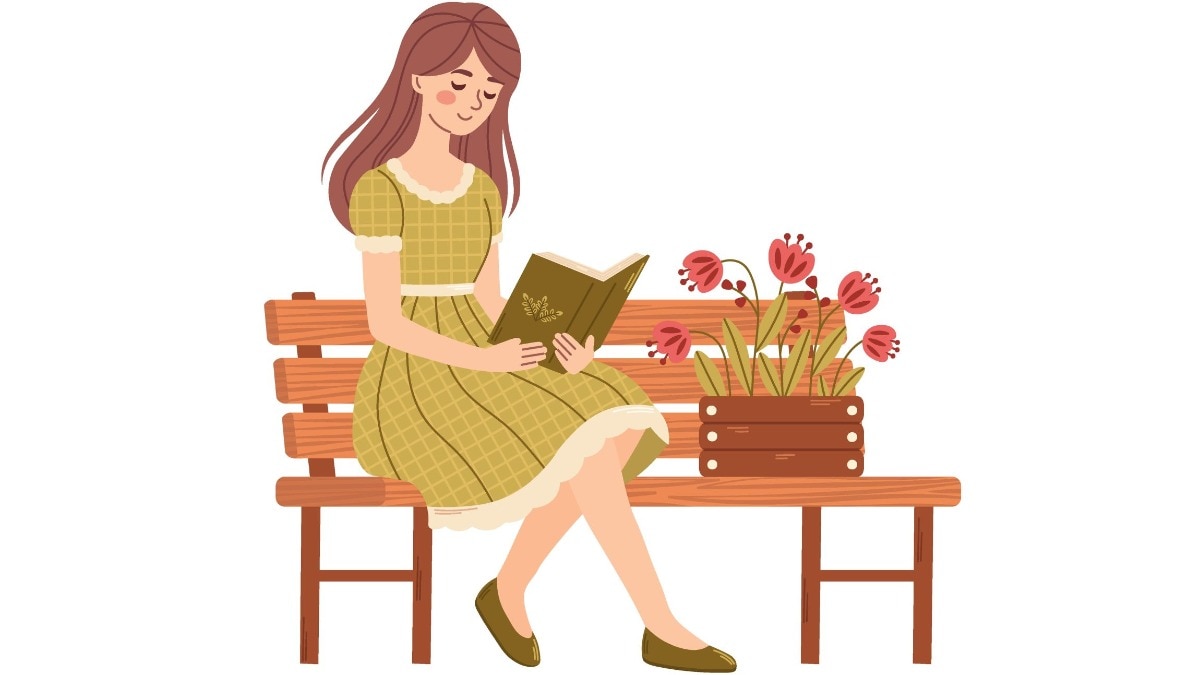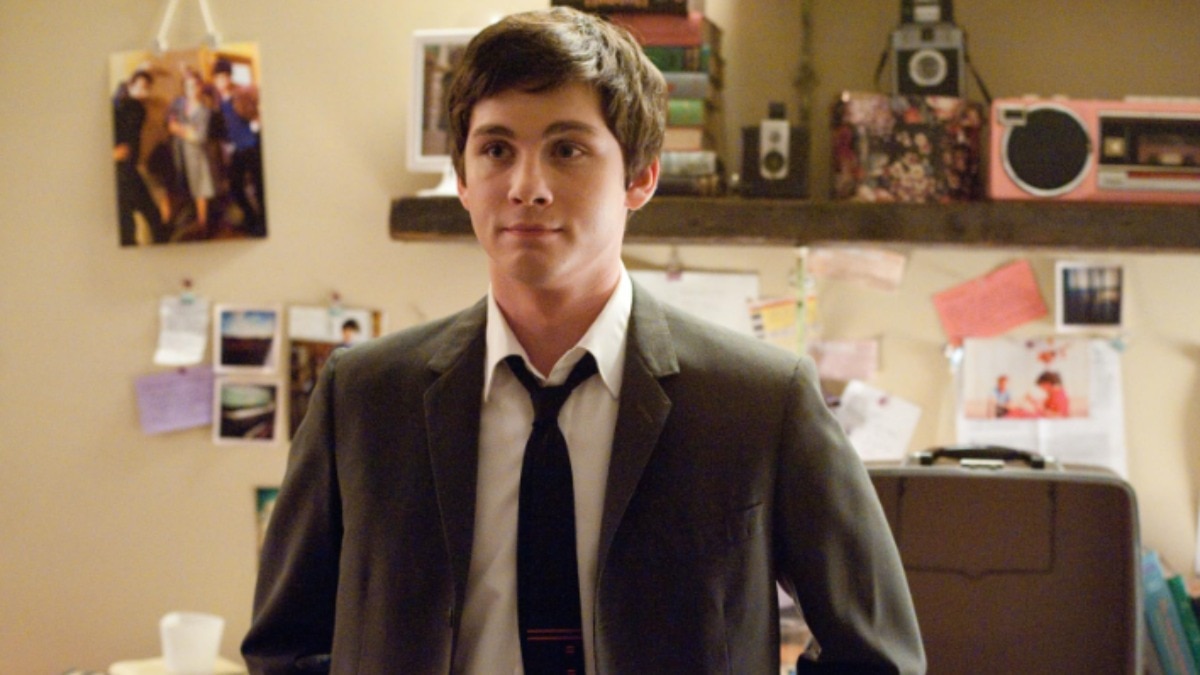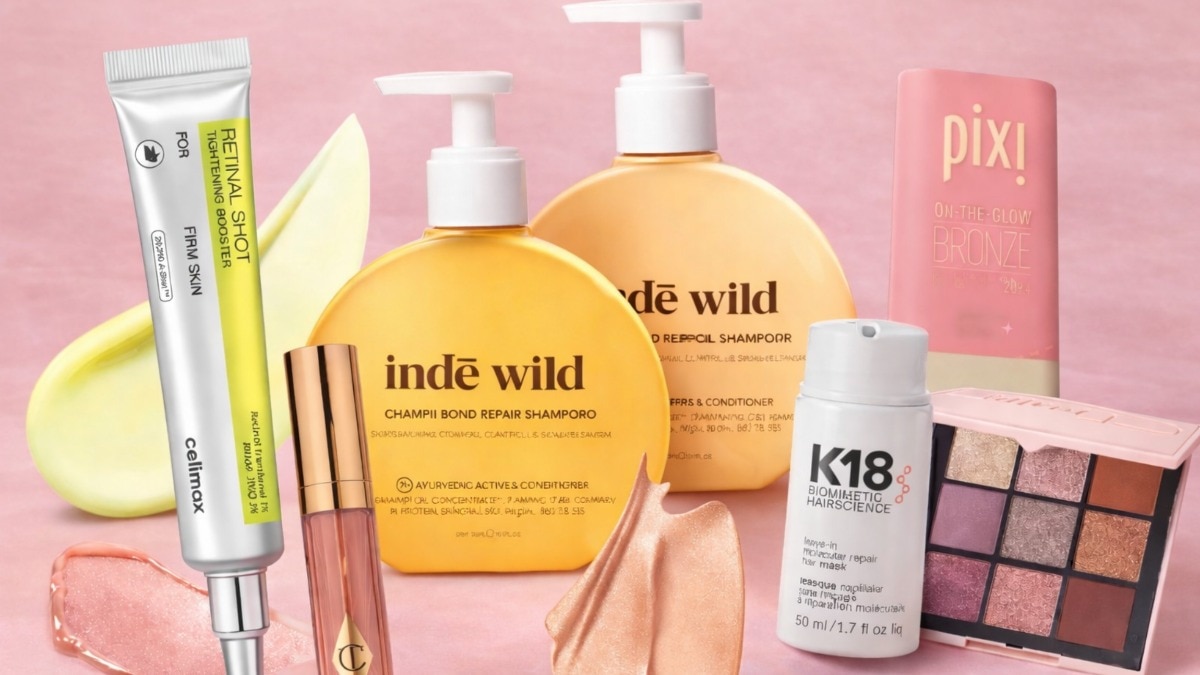Are we normalising toxic relationships?
Simply put—yes, and it needs to change.


We’ll paint you a picture: remember when Gigi from He’s just not that into you said, “We are all programmed to believe that if a guy acts like a total jerk that means he likes you.” Or when Julia Michaels sang, “All good boys go to heaven, but bad boys bring heaven to you…” or even when Machine Gun Kelly revealed that the engagement ring he had given Megan Fox was designed to inflict pain if she tried to remove it? Toxic relationships are not only becoming normal—they’re even being glamourised and glorified.
Besides cinema, we’ve seen social media play a significant role in portraying forms of abuse and toxic behaviour for fleeting moments of laughter and even turn it into a mockery. Pop culture, and extravagant celebrity affairs have conditioned us into believing that toxicity is normal, common, run-of-the-mill, desirable even. So much so, that being in a healthy relationship often comes as a (pleasant) shock.
It is important to keep in mind however, that toxic relationships are, well, toxic and can have severe consequences to the mental and physical health of those involved in one. We give you the download on everything you need to know about toxic relationships, how we normalise such behaviour and how to identify and move on from such relationships.
What does a toxic relationship entail?
According to most psychologists, a toxic relationship is one that makes you feel unsupported, misunderstood, demeaned, disrespected, mistreated or attacked. In an article, author Elizabeth Scott writes, “On a basic level, any relationship that makes you feel worse rather than better can become toxic over time. Toxic relationships can exist in just about any context, from the playground to the boardroom to the bedroom. You may even deal with toxic relationships among your family members.” Psychologist Nisha Khanna gives us the low-down. “Toxic relationships are actually abuse—when someone degrades you or hurts you, or when someone doesn’t appreciate you for who you are, constantly judges you. Such behaviour can be seen in the form of emotional abuse or even intellectual sarcasm which is not out of love for someone but rather anger or resentment.”

Toxic relationships can vary in their signs, but typical warning labels of a toxic relationship are: If you feel like you’re walking on egg-shells each time you’re with your partner, you’re being made to feel like you’re not enough in the relationship, you feel emotionally drained after spending time with the other person, you don’t feel supported in your decisions, you feel mistreated in a lot of ways or even if you feel like your thoughts and emotions are unrealistic or overdramatic (like gas-lighting).
Why are we normalising it?
Now that we have a brief understanding of what being in a toxic relationship could feel like, it seems ridiculous to even think about glorifying such relationships. So, why do we do it? There are a number of reasons for this. “Many of us have grown up seeing toxic relationships around us or with certain toxic habits of our parents as we were growing up, thus assuming that's just how it is. I also feel that your first few relationships tend to act like a foundation of how you perceive love. If you were a naive person in love with a toxic person, chances are that you believe that's just how things roll,” says our resident writer, Akanksha Narang, who specialises in relationships.
Our perception of love is so heavily shaped by what we see and experience around us that such relationships often feel like second nature to us. We’ve grown up hearing phrases like love is pain or been blindsided by the romanticisation of the good girl meeting a bad boy (remember Grease?)—a notion that continues to exist and thrive even today. And nearly all of us are guilty for believing and wanting that kind of love.

“Toxic relationships are often very dramatic, and sometimes it's easy to mistake negative drama as glamorous or exciting—perhaps because we see so much of it portrayed in celebrity culture and popular television,” says Dr Chloe Carmichael, clinical psychologist and author of Dr. Chloe's 10 Commandments of Dating. I’ve been a Yeh Jawaani Hai Deewani loyalist for as long as I can remember. I loved Bunny (still do). It was only later that I was made to realise the toxic patterns in his behaviour. Think about Johnny Depp and Amber Herd, or Blueface and Chrisean Rock—their relationship and behaviour towards each other has been witnessed by the world and made a joke of.
What are the consequences?
The collective and universal normalisation and glorification of such abusive and toxic behaviour can be harmful to not only those involved in the relationship but nearly everyone beyond it. In an article, Dr Sarah Davies, counselling psychologist and author of Never Again: Moving On from Narcissistic Abuse and Other Toxic Relationships, says, "The danger in glamourising toxic relationships is that the toxicity and intensity gets normalised and we start to see these as a model for our own relationships.” There is comfort in familiarity, no matter how negatively it could be affecting us. “People co-relate with toxicity,” says Khanna.

Another serious consequence of such normalisation is that we’re often caught unaware and with surprise when it comes to a healthy relationship. We’re so conditioned into certain patterns and behaviours, that we may not even be able to identify the green flags in a relationship. “Most often, we are not able to identify the red flags. We don’t know what a healthy relationship should feel like,” says Khanna.
“As humans, we tend to adapt to the situation. If you were in a toxic relationship, it's like not knowing any better. Due to emotional manipulation, you started normalising your ex's bad behaviour. You altered your behaviour and expectations to protect yourself from disappointment,” says Narang, “So when you move on to a healthy relationship, and your partner is non-toxic, you feel surprised because you now have to unlearn everything you learnt to protect yourself from emotional pain. You begin to see that what you were forced to normalise, wasn't normal and you have to now put in the effort to break your walls and undo the damage.”
“Well, sometimes we can get so accustomed to the drama that encountering a nice, normal relationship can actually seem bland or boring, which is why we need to retrain ourselves to embrace reliability and stability even if they aren't as immediately exciting,” adds Dr Carmichael.
These consequences can be lasting and can have a negative impact on one’s sense of self, and their relationship with other people. “What your mind has normalised is still making you feel bad but you are suppressing your own inner voice, to protect yourself. Your self-concept weakens as you are not sure of your own thoughts and feelings. You start to feel the problem is you. But even worse is that, you may end up staying in abusive relationships and suffer, because that's normalised. And even worse is that the damage won't be contained there but spread on to generations that will also grow up having a skewed perception of relationships,” says Narang.
Finally…
What we can say for sure, is that toxic relationships should not be glamourised at all. It’s time to change the perception on love and relationships and to understand green flags and signs of a healthy relationship. Here’s a quote from Greg Behrendt and Liz Tuccilo’s He’s just not that into you, that sums it perfectly. “But what I can do is paint you a picture of what you’ll never see when you’re with a guy who’s really into you: You’ll never see you staring maniacally at your phone, willing it to ring. You’ll never see you ruining an evening with friends because you’re calling for your messages every fifteen seconds. You’ll never see you hating yourself for calling him when you know you shouldn’t have. What you will see is you being treated so well that no phone antics will be necessary. You’ll be too busy being adored.”










